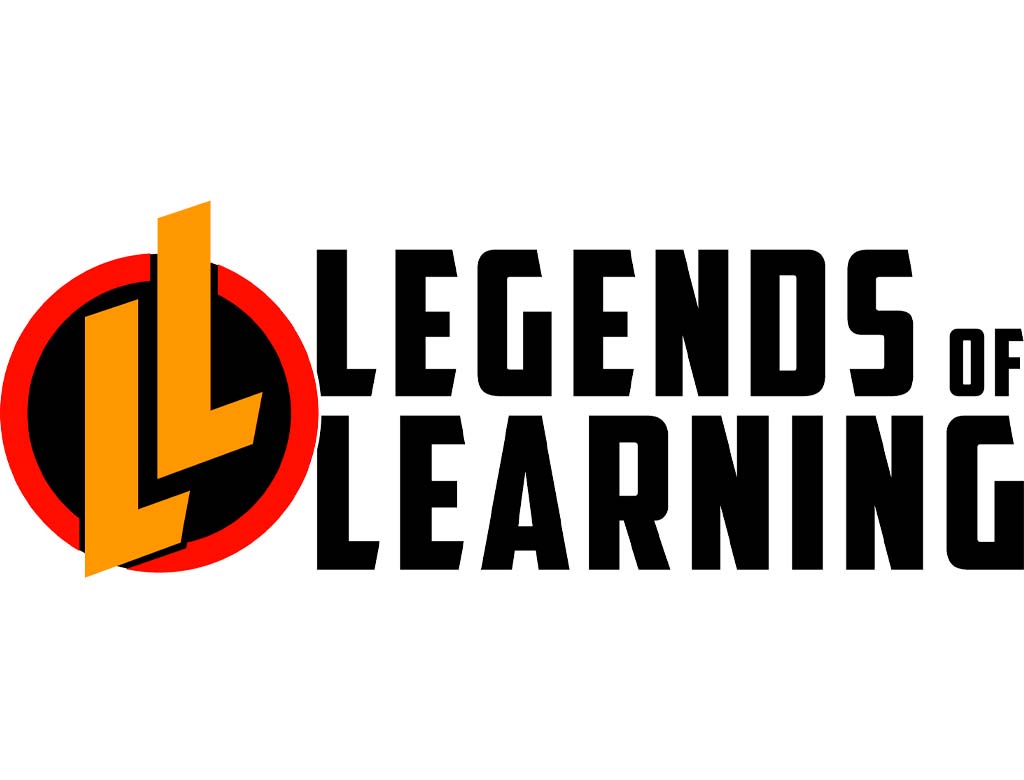Unveiling Intrapersonal Intelligence Enhancing Self Reflection
 Jasier Bro
Jasier Bro
In the field of human intelligence, Howard Gardner's theory of multiple intelligences suggests that individuals possess various mental capacities that marked in different ways. Among these, intrapersonal intelligence stands out as a critical aspect of understanding oneself deeply and effectively navigating one's inner world. This form of intelligence involves self-awareness, self-examination, and the ability to understand one's own emotions, motivations, and goals.
Defining Self-understanding
It is often described as the capacity to recognize and understand one's own thoughts, feelings, motivations, and desires. It encompasses the ability to engage in self-reflection, introspection, and self-regulation. Individuals high in emotional awareness possess a strong sense of self-awareness and are adept at recognizing their strengths, weaknesses, values, and beliefs. This self-understanding allows them to make informed decisions, set meaningful goals, and navigate life's challenges with resilience and clarity.
Challenges in Developing Inner knowledge
While cultivating Inner knowledge is beneficial, it can also pose challenges. Individuals may struggle with self-awareness due to biases, blind spots, or external influences that cloud their perception. Overcoming these challenges often requires commitment to introspection, openness to feedback, and a willingness to confront uncomfortable truths about oneself. Moreover, balancing self-reflection with action is essential; introspection should not lead to over-analysis or indecision but should inform purposeful behavior and decision-making.
The Role of Emotional Intelligence (EQ)
Emotional intelligence (EQ) is closely intertwined with Self-reflection, as it involves recognizing and managing one's own emotions and understanding how emotions influence thoughts and behaviors. Individuals with high EQ are often skilled in personal insight, able to regulate their emotions effectively, maintain perspective during stressful situations, and cultivate resilience in the face of challenges.
Cultural and Individual Variations
Intrapersonal intelligence can vary across cultures and individuals based on social norms, values, and upbringing. Cultural contexts may influence how individuals perceive and express emotions, engage in self-reflection, and prioritize personal growth. Similarly, individual differences in personality traits, cognitive styles, and life experiences shape the development of Self-understanding. Recognizing and respecting these variations can foster empathy, cultural competence, and effective communication in diverse settings.
Applications in Personal Development
Personal development efforts often leverage intrapersonal intelligence to foster holistic growth and fulfillment. Practices such as mindfulness meditation, self-care routines, and personal goal-setting align with Self-understanding principles by promoting self-awareness, self-management, and self-improvement. Additionally, engaging in reflective writing, self-assessment tools, or therapeutic interventions can deepen introspection and enhance personal insight, supporting lifelong learning and well-being.
Educational Implications
In education, fostering Self-understanding benefits students by promoting self-directed learning, emotional resilience, and adaptive problem-solving skills. Educators can integrate activities that encourage self-reflection, goal-setting, and conflict resolution into the curriculum to cultivate self awareness. Providing opportunities for students to explore their strengths, interests, and values enables them to make informed decisions about their academic and personal aspirations.
Professional Development and Leadership
It is instrumental in professional development and leadership. Leaders who possess high personal insight are often self-aware, emotionally resilient, and adept at managing stress and uncertainty. They make well-informed decisions aligned with organizational values, inspire trust and motivation among team members, and foster a positive work culture. Professional development initiatives that focus on self-assessment, feedback mechanisms, and leadership coaching can enhance intrapersonal intelligence among aspiring and established leaders alike.
Impact on Mental Health and Well-being
It contributes significantly to mental health and well-being. Individuals with strong Self-understanding are better equipped to recognize and address emotional challenges, manage stress effectively, and maintain positive mental health habits. Practices such as mindfulness, self-compassion, and cognitive reframing techniques empower individuals to cultivate resilience, cope with adversity, and nurture a sense of purpose and fulfillment in life.
Challenges in Applying Self-understanding
While it offers numerous benefits, applying it effectively can be challenging. One common challenge is overcoming ingrained habits or patterns of thinking that hinder self-awareness and personal growth. Individuals may resist introspection due to fear of confronting uncomfortable truths or reluctance to change established behaviors. Additionally, external pressures, such as societal expectations or workplace demands, can distract from prioritizing personal reflection and emotional well-being.
The Evolution of Inner knowledge in a Digital Age
In today's digital age, the landscape of Inner knowledge is evolving alongside technological advancements and changing societal norms. Social media platforms and digital communication tools offer new avenues for self-expression, connection, and self-reflection. However, they also present challenges, such as information overload, comparison culture, and the blurring of personal boundaries. Navigating these digital environments requires critical thinking, discernment in online interactions, and intentional use of technology to foster genuine self-awareness and meaningful connections.
Conclusion
Intrapersonal intelligence is a vital aspect of human cognition that empowers individuals to understand themselves deeply, navigate their emotions effectively, and pursue personal growth and fulfillment. By cultivating self-awareness, emotional regulation, and introspective practices, individuals can enhance their emotional awareness and harness its benefits across various aspects of life. Embracing a journey of self-discovery and continuous learning enables individuals to develop resilience, make meaningful contributions, and lead fulfilling lives aligned with their values and aspirations.
Subscribe to my newsletter
Read articles from Jasier Bro directly inside your inbox. Subscribe to the newsletter, and don't miss out.
Written by
